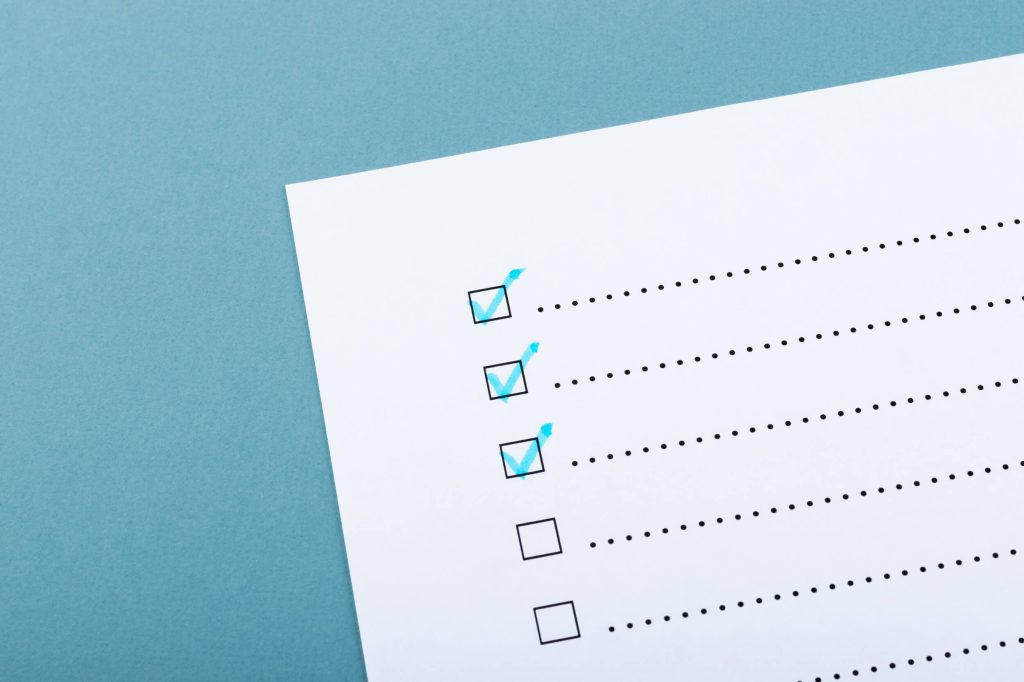Last Updated on January 2026
It’s no wonder that divorce can get expensive, even in uncontested cases. Court fees and other administrative expenses will entail hundreds of dollars. The minimal assistance of a law expert can amount to a thousand dollars or more, considering their hourly rates. In fact, many couples opt to live in a marriage that doesn’t work, being sure they can’t afford a divorce.
Luckily, there are effective ways to minimize your expenses on marriage dissolution. In this article, we will explain possible options to reduce the divorce price and share some low-cost or free resources to help you economize on your divorce.
Can I Get a Free Divorce in Washington State?

Free divorce in Washington State is possible if you meet the requirements to qualify as a low-income individual.
To start with, you can save a lot if you file for a full-agreement, uncontested divorce and do not involve any legal assistance to help you with the paperwork or consult you on the process. In this case, your expenses will only entail mandatory fees for filing, service of process, and photocopies. If you cannot afford these costs, you can apply for a General Rule (GR) 34 fee waiver; additionally, as of January 2026, certain petitioners with a full domestic violence protection order are exempt from filing and service fees under HB 2686. After reviewing the required evidence, the court can satisfy your request if it finds you indigent.
The situation is more complicated if you need a lawyer to defend you in court in a contested case involving unresolved issues between you and your spouse. Unfortunately, there is no mechanism to waive attorney’s hourly fees. However, a number of public and private organizations in Washington State offer low-cost and free legal aid programs for low-income citizens or individuals in difficult life situations, including domestic violence, for example.
Who Qualifies for a Free Divorce in Washington State?

Anyone meeting the state’s low-income qualifications can be eligible for a free divorce. The requirements are stipulated in Washington State Courts’ General Rule 34. According to it, the court may find you indigent if one of these is true:
- You get certain benefits, such as TANF (Temporary Assistance for Needy Families), HEN (Housing and Essential Needs), SSI (Supplemental Security Income), federal poverty-related veteran’s benefits, or food stamps;
- Your income is at or below 125% of the federal poverty guidelines (roughly $1,630/month for a single individual in 2026), or you receive needs-based benefits like TANF or SNAP;
- You cannot afford filing fees due to recurring basic living expenses (as defined in RCW 10.101.010) that exceed your available income; in 2026, courts generally consider a net monthly income below the Self-Support Reserve of $2,394 as a primary indicator that a person cannot reasonably meet these living costs while paying court fees.
If none of these is true, you may have other compelling circumstances for a fee waiver, in which case you may need a consultation with a lawyer.
Civil legal aid services in Washington State are available to all citizens with low income and/or difficult life circumstances. To qualify as an indigent person, you must prove that your income is at or below 125% of the federal poverty level. Sometimes, you may get low-cost or free assistance if your income is up to 200% of the federal poverty level.
How Do I Get a Divorce Without Money?

Having a tight budget, do your best to minimize the mandatory expenses for the divorce process. The first thing to do is to eliminate the need for legal help.
If you have a low income, divorce attorney’s services would be unaffordable. Therefore, make an effort to handle each step of the process on your own and avoid hiring a lawyer.
- Firstly, ensure that your spouse agrees to dissolve your marriage, meaning you qualify for an uncontested divorce.
- Secondly, negotiate and settle all the divorce-related issues concerning children, property, alimony, etc., with your spouse.
- Finally, obtain and complete the necessary forms on your own to file them with the local court. Instructions and free forms can be found on the Washington Courts website; ensure you download the January 2026 revised worksheets, which include the updated $50,000 income table and mandatory PFML/WA Cares deductions.
As mentioned above, it is possible to file for divorce in Washington State for free if you apply for a fee waiver. So, if the court finds you indigent, you can potentially get a free divorce in WA.
How to Obtain Divorce Forms?

The official Washington State divorce papers you need to complete and file for the start of the process can be obtained through several sources.
Firstly, you can get their hard copies from the clerk in your county courthouse. Secondly, you can download them from the official courthouse website. The main challenge with divorce papers is that each specific circumstance in your case may require some particular form. So, before downloading or requesting them from the county court’s clerk, you must know exactly what papers you need.
Another option is the online paperwork preparation service that selects and fills out case-specific forms based on your answers in the online questionnaire. This method is the surest way of getting the right papers properly completed if you want to save on legal help. Although this service is not free, the moderate fee and convenient installment plans are typically cheaper than an hour of work with a lawyer or advisor.
Applying for a Fee Waiver

If you know you qualify for a fee waiver for one of the reasons listed above, you need to obtain and fill out the following forms to request it:
- Motion and Declaration for Waiver of Civil Fees and Surcharges;
- Financial Statement;
- Order Re Waiver of Civil Fees and Surcharges.
Bring them to the superior court clerk and ask them about the procedure and your further steps. If you do not need an immediate order, you can mail the paperwork to the clerk. Send an original set of forms and add one set of copies and a self-addressed stamped envelope.
If the judge grants your GR 34 request, or if you qualify under the 2026 HB 2686 domestic violence exemption, you can file your initial paperwork and potentially receive free service of process by law enforcement. If the judge grants your request, you can file the initial divorce paperwork with the court for free. Do not forget to attach the signed order about the waived fee to your package of papers. If your motion was denied, you should wait until you can pay all the filing fees or search for financial help with divorce elsewhere.
According to Rule 34, the courts cannot charge even a small fee for filing a fee waiver request.
What Are My Options for Free Divorce in Washington State?

The divorce process involves quite a range of expenses depending on individual circumstances, and it may not be possible to undergo the process for free. However, some low-cost resources may help low-income individuals get a cheap divorce in Washington State. Let’s consider several available options.
DIY Divorce
If you qualify for an uncontested divorce and do not need an attorney’s help, you can undergo the entire process independently. Indeed, a do-it-yourself divorce in Washington State is a budget-friendly option if you don’t have to resolve any disputes in the courtroom or consult a lawyer. However, you must ensure that you can obtain the required forms, fill them out correctly, and take all the proper further steps. A single mistake – such as using the outdated $12,000-cap child support forms or failing to account for the 2026 Self-Support Reserve of $2,394 – can lead to court rejection and significant delays in finalizing your decree.
Online Divorce
A number of sources can offer help with online divorce in Washington State at an affordable price. Our paperwork preparation service, for example, is a wonderful option to get divorce paperwork for a low-cost divorce. Our system selects and fills out all the forms suitable for your specific case after you complete a comprehensive online questionnaire with handy tips. For a moderate flat fee, we provide you with a full package of ready-to-file court-approved papers and step-by-step guidelines on the filing process. With such a kit, you can give your paperwork to the court clerk and finalize your divorce independently.
Free Legal Aid Services
If you experience an adverse economic situation or life circumstances, you can search for free legal aid services available nationwide. Public and private organizations that can offer low-cost or free legal advice in family law in Washington State can be found at Washington Law Help, Washington State Office of Public Defense, or Washington State Bar Association websites. Remember that they check your income against federal poverty guidelines, so you must be able to prove your indigent person status.

Sharon Cruz is a Legal Forms Specialist with over 10 years of experience researching U.S. divorce procedures and court filing requirements. Her work focuses on Washington State divorce law, drawing from publicly available statutes, Superior Court procedures, and official Washington Courts resources. As a former legal assistant, Sharon is the best when it comes to creating practical checklists for couples going through a divorce.
